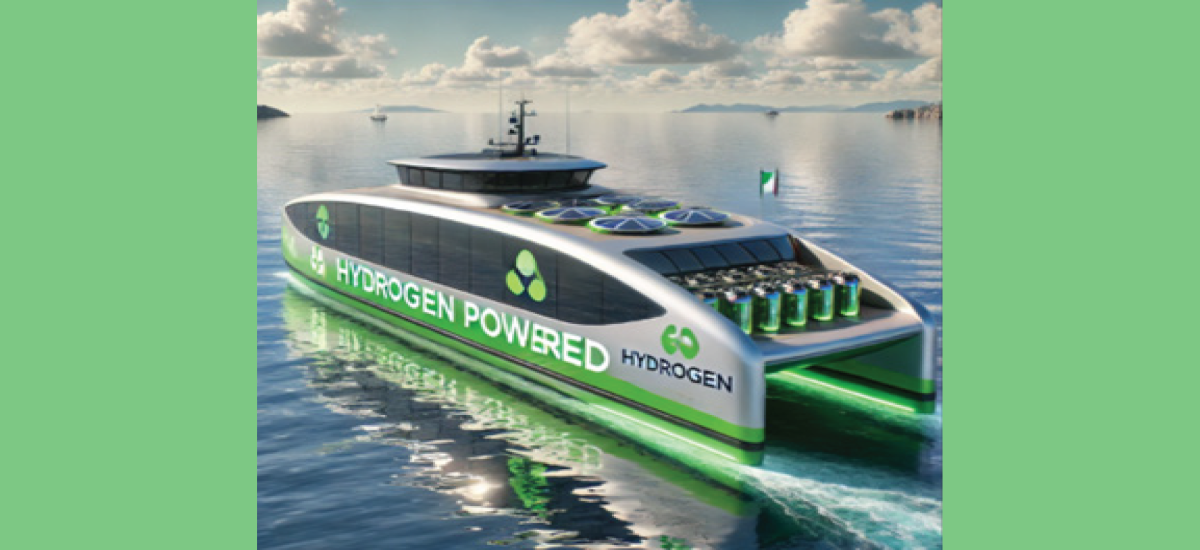27/5/2025
In support of global decarbonisation goals, the interest in hydrogen-powered vessels is growing. Efectis is actively contributing to this transition by focusing on the fire and explosion safety aspects of hydrogen storage and dispersion in marine environments.
Compressed (CH₂) and liquefied hydrogen (LH₂) are the main storage options for this type of use. While LH₂ offers higher energy density, CH₂ provides greater energy efficiency and simpler bunkering. For both, safety remains a key challenge, particularly around leak behaviour, flammable gas cloud formation, and ventilation performance in confined spaces.
One of our recent projects focused on integrating hydrogen systems into a typical service vessel, serving as a reference case to evaluate design solutions and risk mitigation strategies. Efectis is applying advanced computational fluid dynamics (CFD) modelling to simulate hydrogen dispersion under various leakage scenarios, taking into account factors such as ventilation layout, release rates, and flammability thresholds.
If you would like to learn more about our hydrogen safety research or modelling activities, please feel free to contact us.
For more information, please contact Camille Waharte

